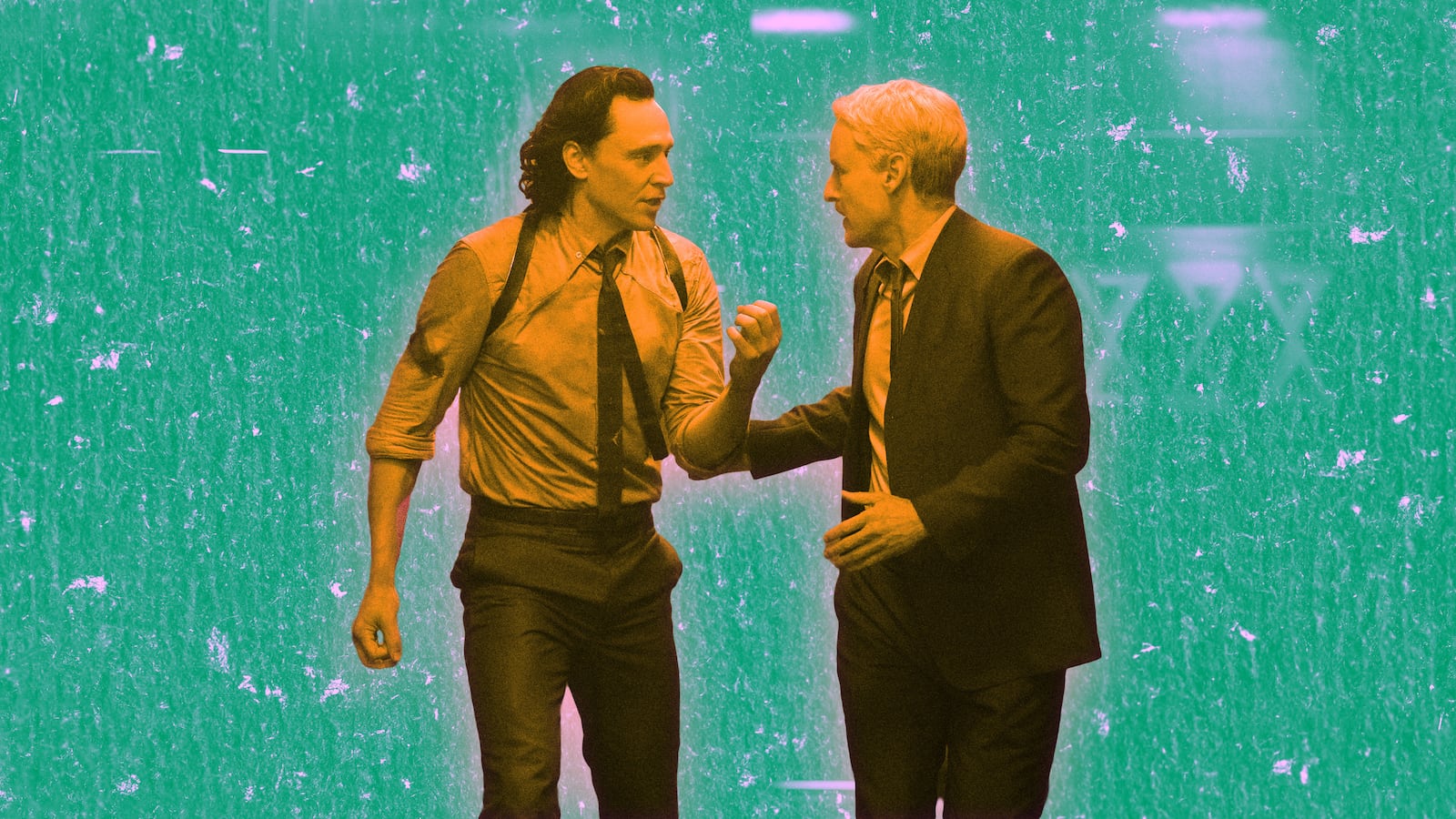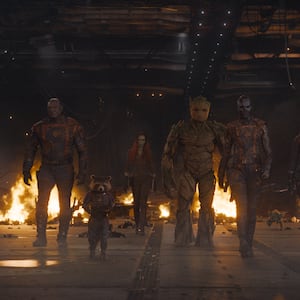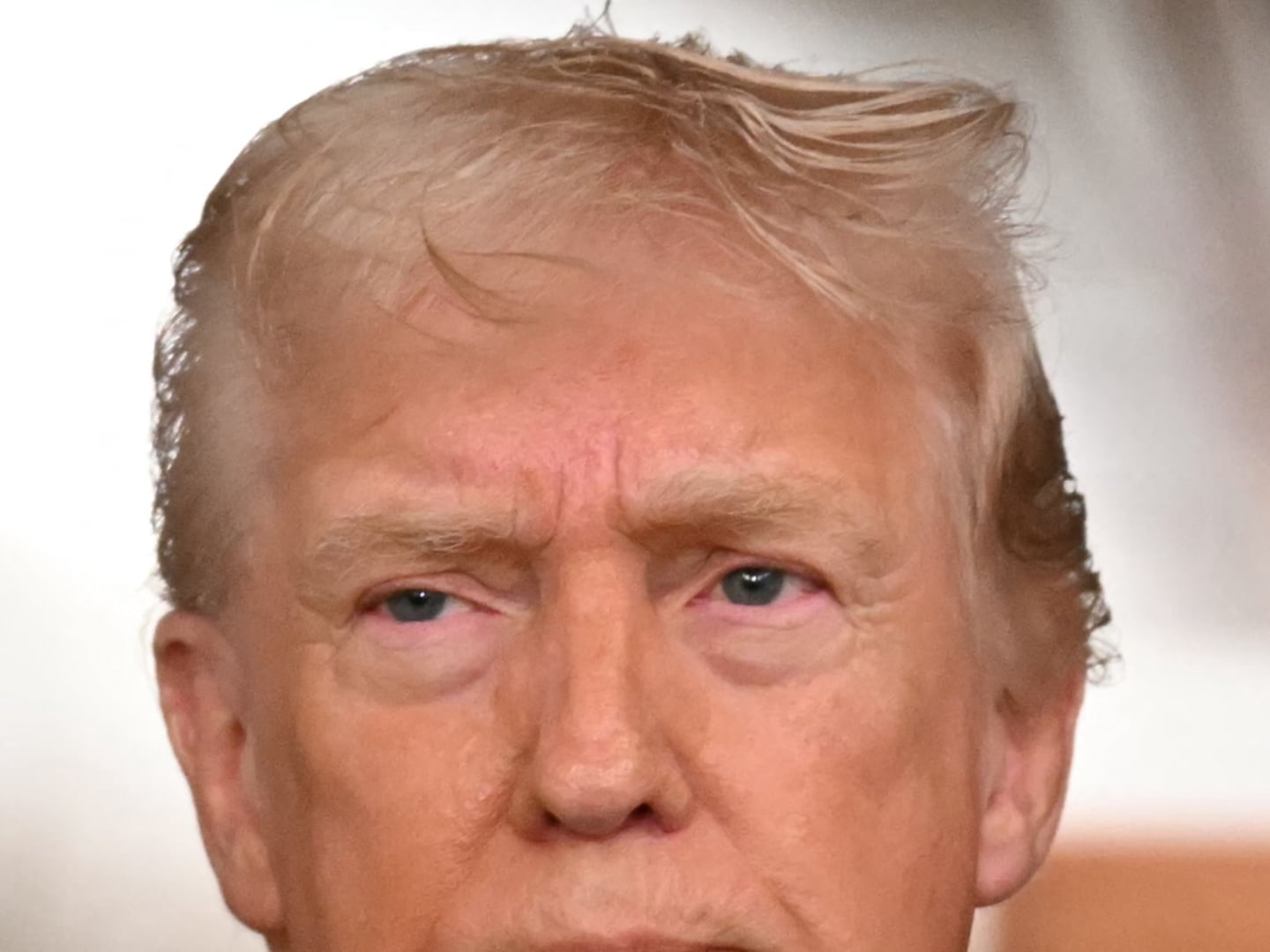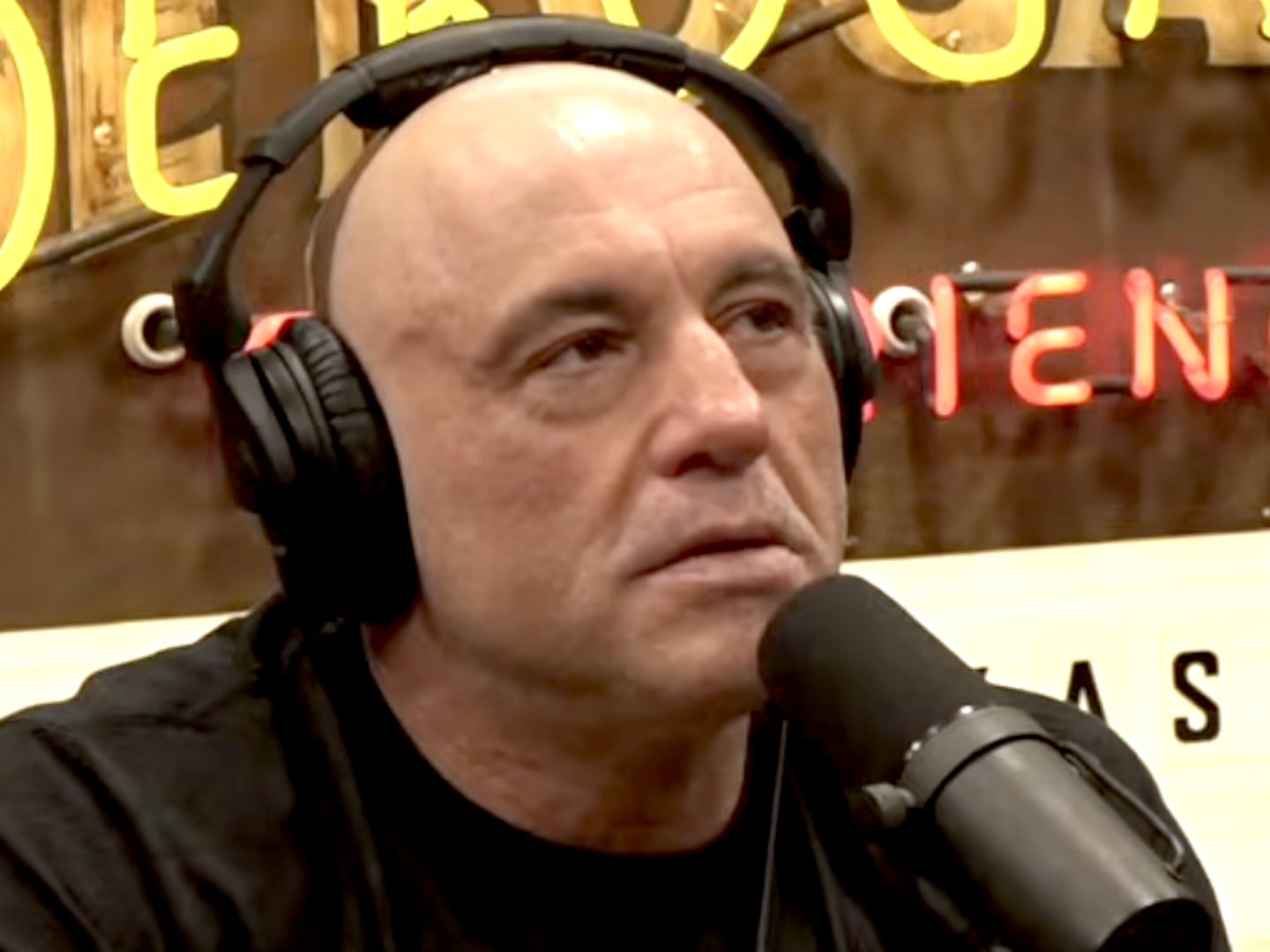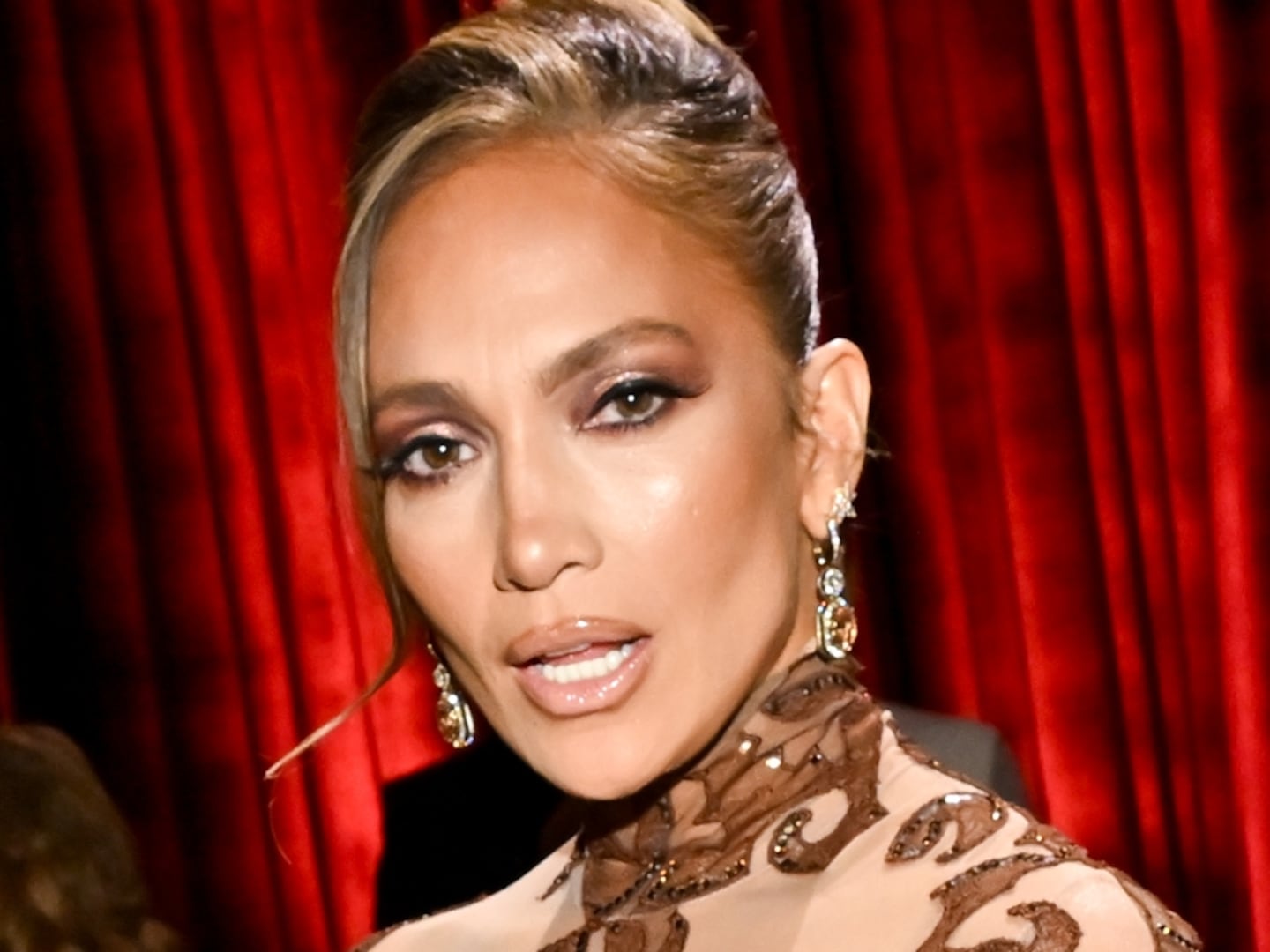There were high expectations for the God of Mischief’s return in Season 2 of Loki. After a strong debut season on Disney+ that stood out as a bright spot in Marvel’s lacking TV catalog, its sophomore effort has set out apace, hoping to maintain that goodwill. But in the four episodes that have aired so far, the show’s momentum has waned as quickly as it picked up, with the cast hurtling from one crisis to the next. And within the chaos are two things: a messy, lackluster story and a great friendship keeping it afloat.
In Season 2, the Sacred Timeline—the central timeline into which all multiverse timelines were reorganized—that the Time Variance Authority (TVA) is sworn to defend is teetering on the brink of collapse. To save it, Loki (Tom Hiddleston) must go up against the looming threat of the MCU’s new Big Bad, Kang the Conqueror (played by the embattled Jonathan Majors, whose presence casts an unsettling shadow over the season). He's joined by Mobius (Owen Wilson) and various other TVA agents, including standout newcomer Ke Huy Quan as Ouroborus, who team up to save the timeline. They’re also hunting for Loki-variant Sylvie (Sophia Di Martino), who went rogue and murdered a variant of Kang, known as He Who Remains, in the Season 1 finale.
But in doing so, the entire cast must drudge through convoluted dialogue. Laden with exposition, the ensemble attempts to make something entertaining of the nonsensical chaos that erupted at the TVA at Season 1’s conclusion. Even though Loki is adamant that a multiversal war is on the horizon, each episode thus far has been bogged down by an unrelated, short-lived threat that appears as quickly as it’s resolved.
The main source of continuity between this seemingly disconnected string of events is that Loki and Mobius face each challenge together. And in doing so, they have become the show’s saving grace. They’re an unlikely double act—a troubled, hot-tempered Norse God, and the principled, work-focused middleman—that adds a much-needed lightness to the series, thanks to Wilson and Hiddleston’s natural chemistry and quick-witted humor. Mobius and Loki balance out each other’s extreme traits and, on several occasions, exploit their “good cop/bad cop” rapport to draw information out of the next lead in their search for Sylvie. Watching Mobius and Loki tackle it together is consistently entertaining, even if the show often isn’t.
It helps that, in Season 2, Loki has lowered his razor-sharp defenses, dropped his penchant for emotional manipulation, and embraced his compassionate, sensitive side. After gradually building a bond with Mobius throughout Season 1, Loki now feels safe to explore alongside his newly trusted companion. Long gone is the wickedly charming villain we first met in The Avengers who sported a devilish grin and eyes that gleamed with the promise of another betrayal. We now meet Loki as a more mature man than we previously saw him, retired from tyranny, who happily wields only a shadow of the power and influence he used to command, as he comes to terms with the duality of his identity. Loki is well-versed in straddling the misunderstood, vengeful anti-hero role with the overlooked, underappreciated younger sibling complex that established him as one of the most-cherished MCU characters in the first place.
Meanwhile, Mobius is his methodical counterpart, making him a good foil. Where Loki wields magic and summons lightning, Mobius is an everyday hero. But what the friends now have in common is fighting for what’s right, even if that means revolting against the organization Mobius pledged to serve. And through that quest, they develop the kind of friendship that we all wish to have.
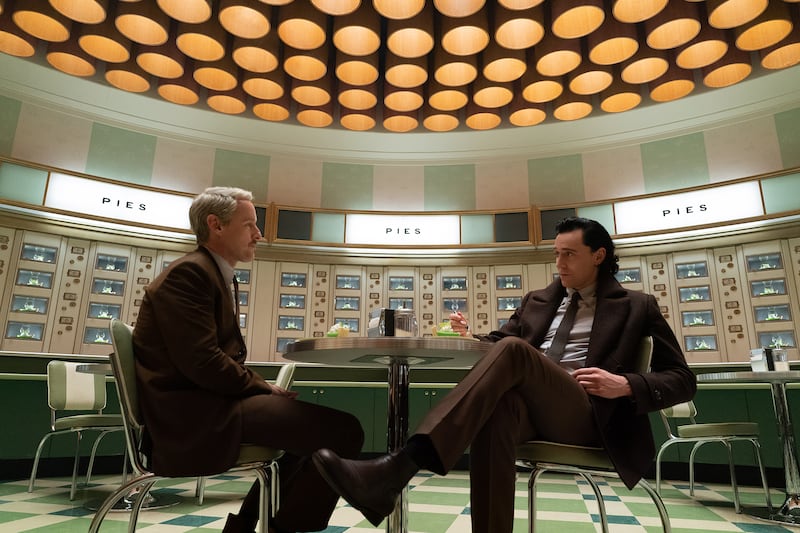
Their contrasting personalities bring out the best in each other and complement each other’s strengths. In Episode 3, the duo venture to the Chicago Fair in 1893 in pursuit of Ravonna Renslayer (Gugu Mbatha-Raw) following the tracker on her TemPad, and Mobius has to remind Loki to be patient, as he operates differently to the trickster. “We have different styles,” Mobius explains to his partner. “You’re a man of action, which is fine. I take a more slow, cerebral, deliberate approach, because I see everything. I notice everything.”
Mobius and Loki’s friendship is, crucially, one without judgment—something Loki hasn’t experienced outside from anyone but his brother, Thor (Chris Hemsworth). In Episode 2, Mobius punches former TVA agent Hunter X-5, Brad Wolfe (Rafael Casal), midway through an interrogation about Sylvie’s whereabouts. It’s a rare outburst from Mobius, who lashes out after Brad calls him out for having zero interest in returning to the life he led in the original timeline.
This switch in Mobius’ typically professional and rational behavior brings out Loki’s emotional sensitivity and compassion. Fans have only had glimmers of this side of Loki in the past, when his true feelings of grief and love for his loved ones would seep through his arrogant façade. Mobius storms out of the heated interrogation room with Loki on his heels, racing to check in on his friend.
“Mobius, are you alright?” Loki asks. “I’ve never seen you like this before.” He adds that “it’s OK, I’m not judging.” In a true nod to the gentle affection between them, Loki suggests that they take a moment out of the chaos to tuck into some key lime pie. Mobius’ offered Loki the same kindness in Season 1, when Mobius took Loki to get pie after a frustrating moment for him. This time, Loki is the voice of reason to comfort Mobius, reassuring him that everyone loses control of their emotions from time to time.
“Look, it happens,” Loki says. “Sometimes the rage builds up and you’ve just got to let it out.” This shows great growth for Loki, as well as the importance of this relationship to him. He even shares an anecdote from his own misguided youth, when he “held the whole of New York City hostage with an alien army” to get back at his father and brother. Mistakes happen, he says; “sometimes, our emotions get the better of us.”
Viewers may enjoy projecting romantic love between them, especially when the seeds of their affection and concerns for each other’s well-being have blossomed overtime. But their canonically platonic feelings for each other are a driving factor of their appeal nonetheless. From helping each other navigate a TemPad instruction manual to telling Mobius he has food on his chin, it’s the mundane niceties that anchor this far-fetched series back in a tangible relationship that the audience can relate to within the otherwise untenable storytelling.

It seems strange that the best parts of a retro-futuristic sci-fi series that spans centuries in time are the brief, wholesome exchanges between two pals, all taking place outside of all the major action. Yet these quiet discussions over key lime pie in the TVA’s abandoned cafeteria (which happens to be stocked wall-to-wall with pie) or a fleeting bit of banter in an elevator are more memorable than the supposedly impressive time jumps and subplots that make up the majority of each episode.
Sadly, this season doesn’t capitalize on its greatest strength—although, could there ever be enough screen time for Mobius and Loki’s friendship? Doubtful. Yet Marvel has survived even its biggest shortcomings in the past due to its expansive fanbase’s investment in the incredibly human challenges that its superheroes face. Loki introduced a new iconic partnership for the audience to root for, outside of the cinematic universe—similar to the development of Sam Wilson and Bucky Barnes’s relationship in The Falcon and the Winter Soldier—and it’s the one element keeping the show afloat.
With two episodes still to air, Marvel could pivot toward focusing more on Mobius and Loki and less on the forgettable action moments. The MCU’s Starsky and Hutch don’t have to ride off on a jet ski—as Mobius likely once would have loved to do in his original timeline—into the sunset, but there needs to be a pay-off for the audience making it through the slog that much of this season has been. If not, the disconnected MCU may have fumbled its final chance to utilize Loki’s remarkable powers of resurrection to reignite interest in this once-unrivaled universe.

